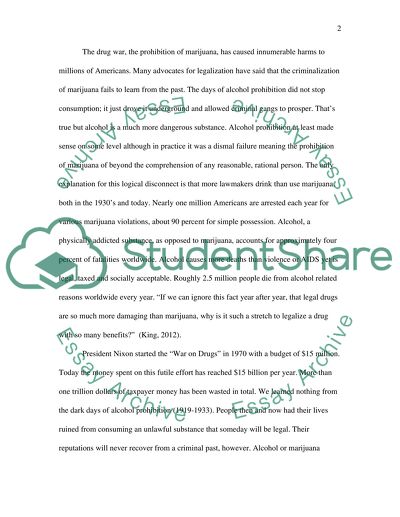Cite this document
(“Should mariajuana be legal Research Paper Example | Topics and Well Written Essays - 2500 words”, n.d.)
Retrieved from https://studentshare.org/english/1402132-should-mariajuana-be-legal
Retrieved from https://studentshare.org/english/1402132-should-mariajuana-be-legal
(Should Mariajuana Be Legal Research Paper Example | Topics and Well Written Essays - 2500 Words)
https://studentshare.org/english/1402132-should-mariajuana-be-legal.
https://studentshare.org/english/1402132-should-mariajuana-be-legal.
“Should Mariajuana Be Legal Research Paper Example | Topics and Well Written Essays - 2500 Words”, n.d. https://studentshare.org/english/1402132-should-mariajuana-be-legal.


